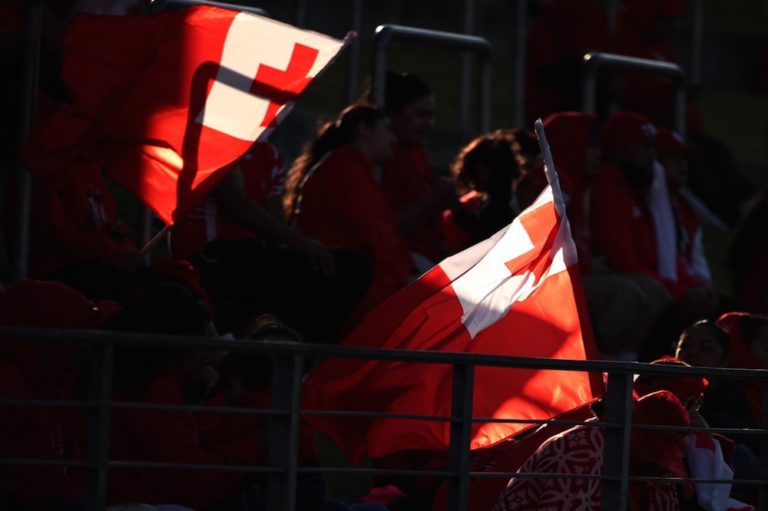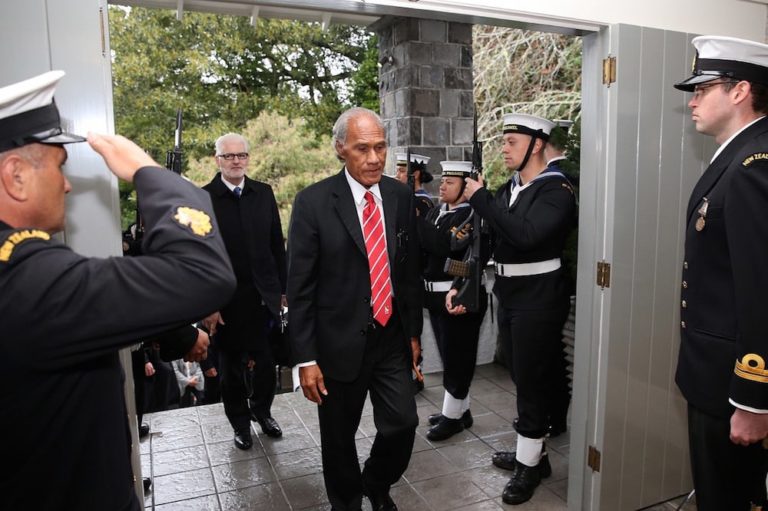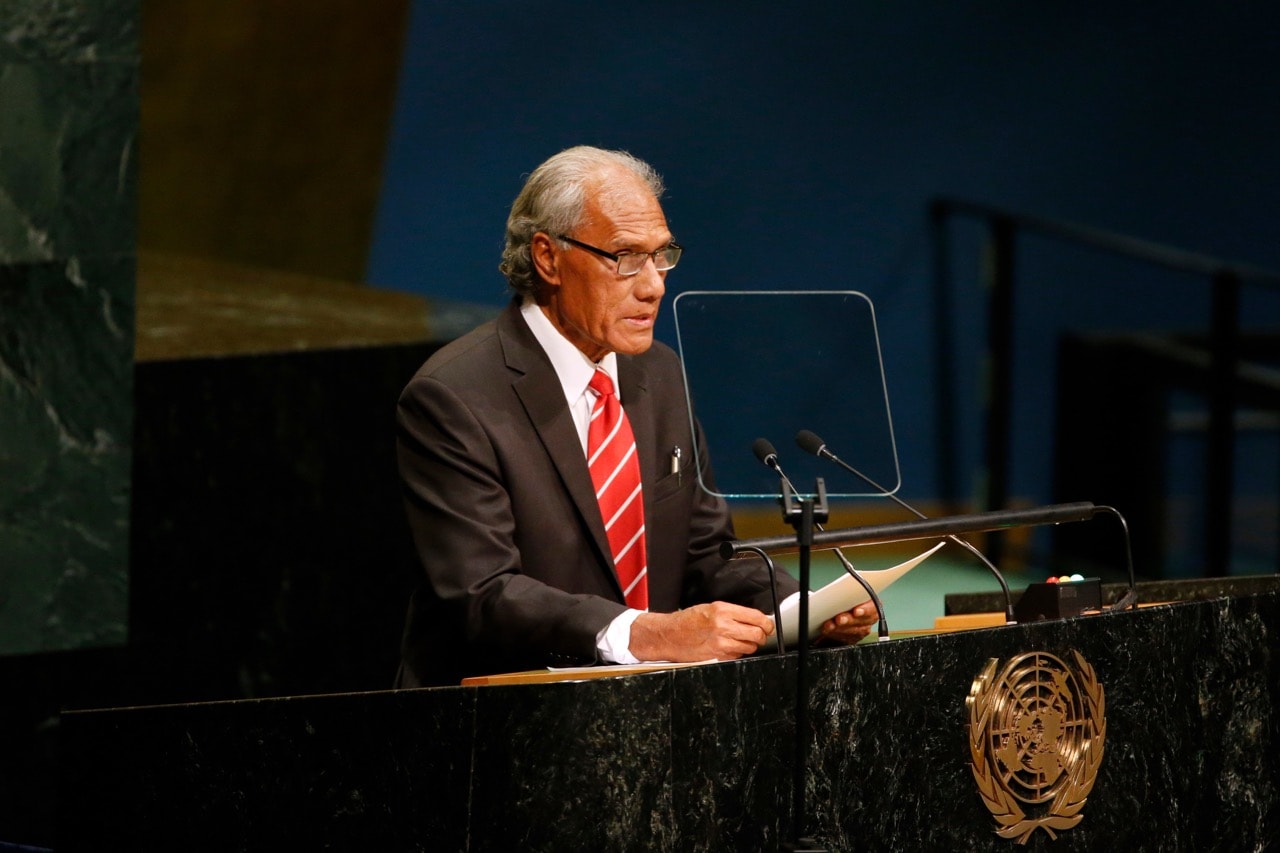(PINA/IFEX) – On 4 April 2003, the Pacific Islands news service PINA Nius reported that the Tongan authorities have introduced a tough new media law which, the government says, cannot be subject to judicial review by the courts. The move came immediately after the kingdom’s Supreme Court said the government’s earlier bans on the New […]
(PINA/IFEX) – On 4 April 2003, the Pacific Islands news service PINA Nius reported that the Tongan authorities have introduced a tough new media law which, the government says, cannot be subject to judicial review by the courts. The move came immediately after the kingdom’s Supreme Court said the government’s earlier bans on the New Zealand-based Tongan-language newspaper “Times of Tonga” were unlawful.
Chief Justice Gordon Ward ruled that the ban on the import of the bi-weekly newspaper and the declaration that it was a prohibited document were “unlawful” and “invalid”. The judge, who comes from Britain, made his decision in a civil case brought by the Lali Media Group Limited, journalist Filokalafi ‘Akau’ola and publisher ‘Eakalafi Moala. They had filed the case against government Minister Siosiua ‘Utoikamanu and the Kingdom of Tonga. Chief Justice Ward also ordered the minister and government to pay the court costs of Lali Media, ‘Akau’ola and Moala.
Radio and TV Tonga News reported that the kingdom’s Privy Council, which is headed by King Taufa’ahau Tupou, responded by gazetting a “supplement extraordinary ordinance”. This, the Privy Council said, was “for the protection of the King, royal family, government and people of this Kingdom from abuse of press freedom.”
The ordinance said it will be unlawful for any person to publish, sell or offer for sale, distribute, copy or reproduce, possess or import any publication to which it applies. It also specifies that “import” means to bring into the kingdom by any means and in any form, including electronic transmission, any publication, or part thereof, of the “Times of Tonga” newspaper and other Lali Media publications.
Under the ordinance, any person convicted of such an offence is liable to a fine of up to 1,000 Pa’anga (approx. US$460) or imprisonment for up to two years.
The ordinance gives powers to the police commander, commissioner of revenue or any officer authorised by them to search without a warrant, detain, open and “examine anything or person suspected on reasonable grounds to contain any publication”. It specifies that the cabinet may, through regulation, delete from or add to the list of publications. Action shall not be subjected to any judicial review and the police will institute legal proceedings against offenders.
Background Information
In legal moves begun in February, the Tongan authorities declared the “Times of Tonga” to be a “prohibited import” and a “prohibited document”. The government alleges the newspaper is “foreign” and aims to overthrow the kingdom’s government structure. Police Minister Clive Edwards told the court hearing that the newspaper had to be banned because it alleged Tongan leaders were “engaged in homosexual activities”, Radio Australia reported.
“Times of Tonga” publisher Kalafi Moala says the ban was imposed because of the newspaper’s recent reporting on business activities of members of the island nation’s royal family. Moala is a Tongan national who holds American citizenship. He publishes the “Times of Tonga” from Auckland, New Zealand, where there is a large Tongan population. The newspaper circulated widely in Tonga before the ban.
Freedom of expression is protected under the Tongan constitution. However, the authorities have used criminal libel and other laws against the news media. In December 2002, Moala, ‘Akau’ola and pro-democracy movement parliamentarian ‘Akilisi Pohiva won damages for being wrongly jailed for contempt of Parliament in 1996. The Supreme Court awarded them a total of nearly US$26,000 (see IFEX alerts of 13 December 2002 and 20 September 1996).
The government’s ban on the “Times of Tonga” has been condemned regionally by PINA and internationally by organisations such as the New York-based Committee to Protect Journalists (CPJ) and Paris-based Reporters sans frontières (RSF).
The Crown Law Office has also charged five prominent Tongans involved in a local television discussion on the ban with contempt of court (see IFEX alert of 2 April 2003).


